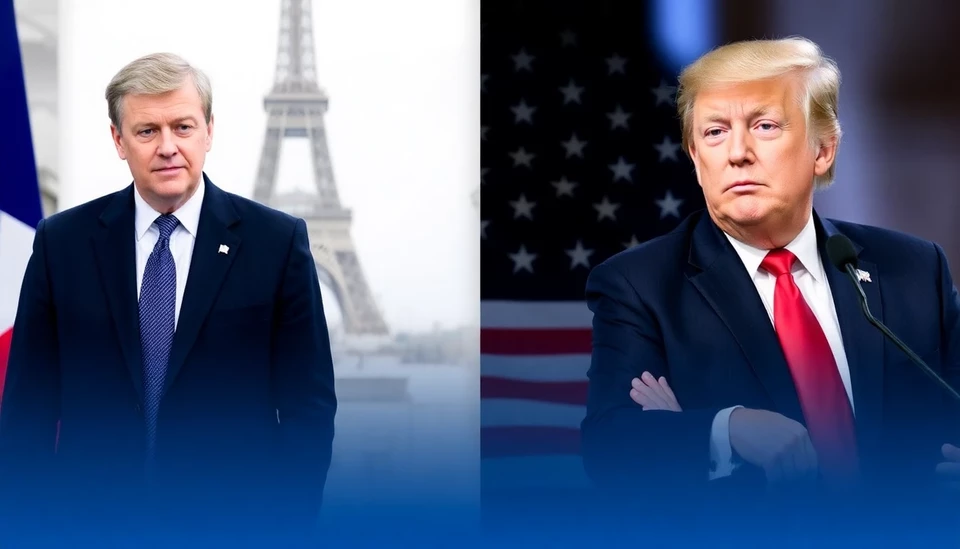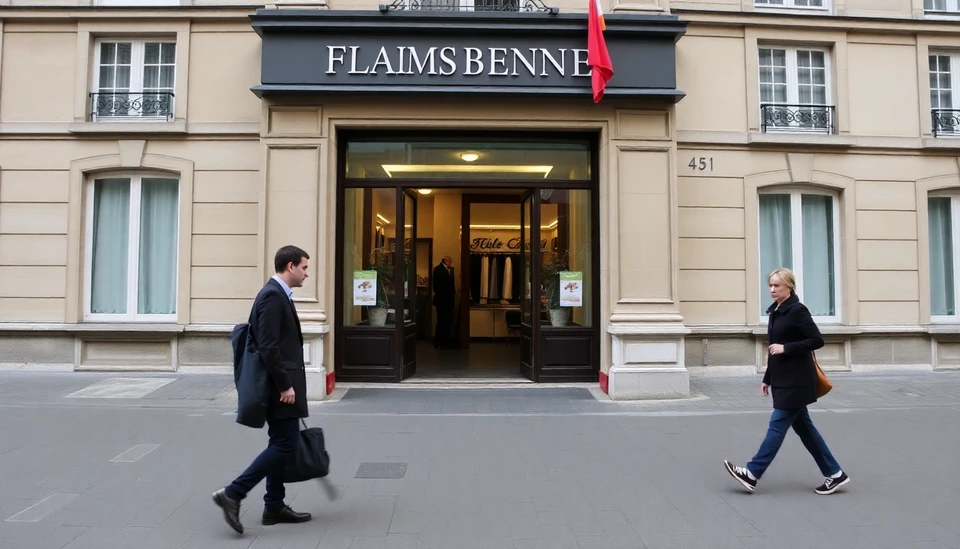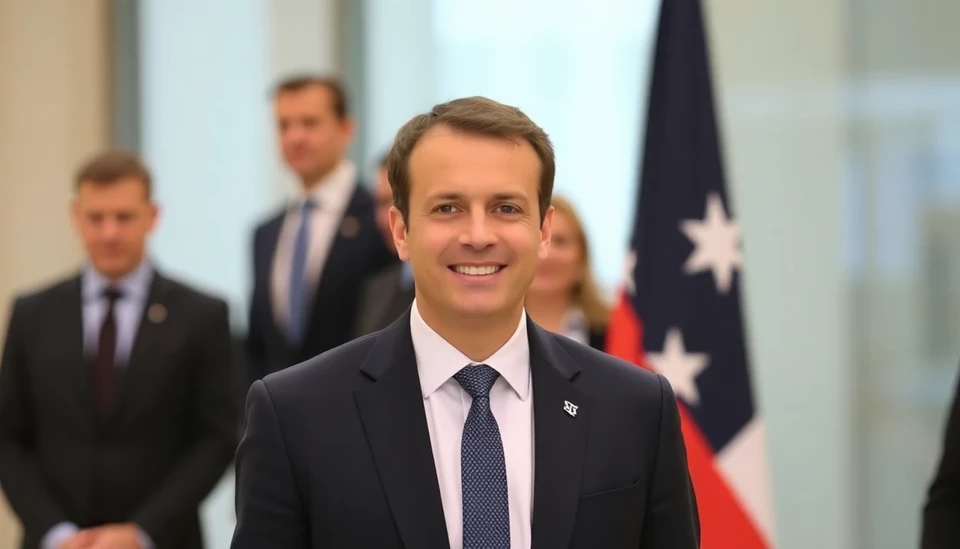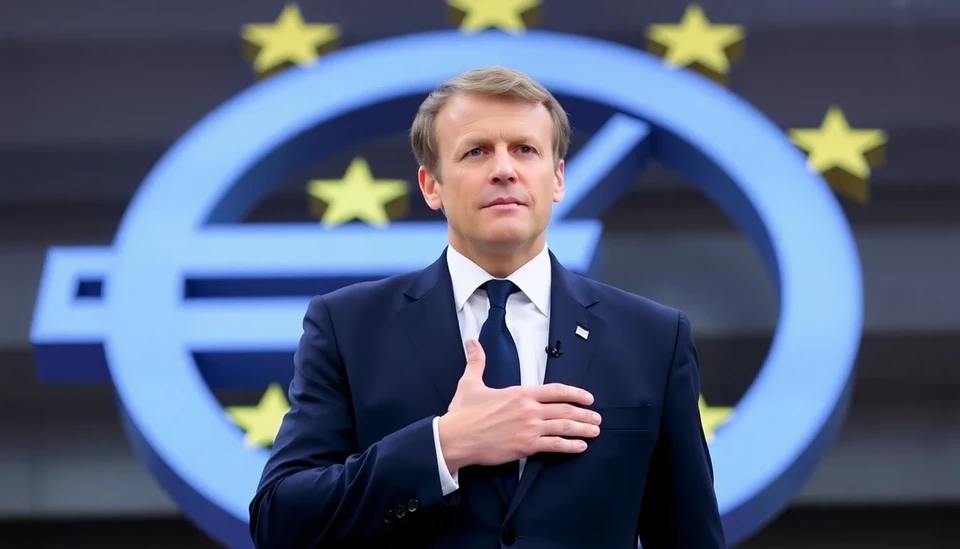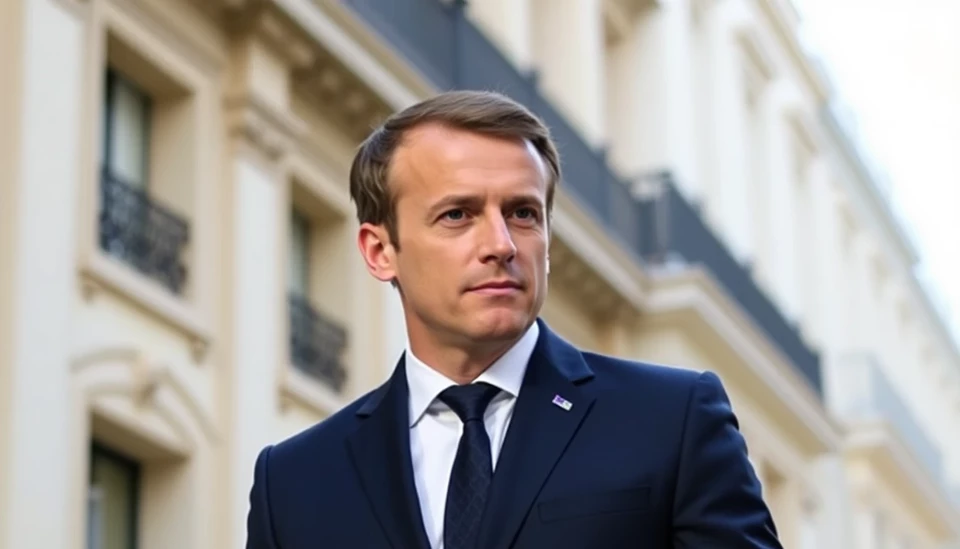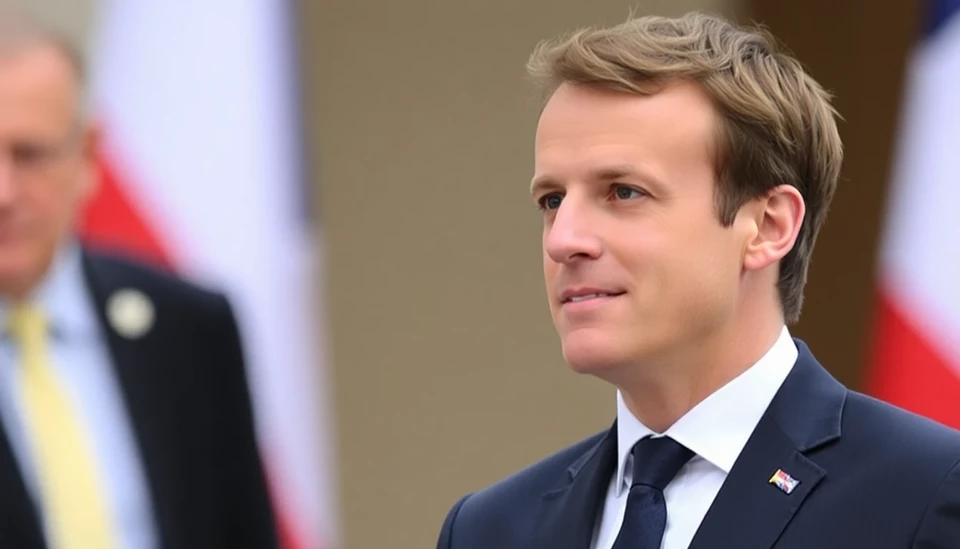
In the wake of unfolding challenges within President Emmanuel Macron's ambitious economic vision, France's Finance Minister has emerged as a dedicated supporter of the administration's agenda. While Macron's plans, conceived during the optimistic phase of his presidency, are showing signs of unraveling, the finance chief is steadfastly rallying behind these initiatives, showcasing a mix of unwavering belief and measured pragmatism.
The backdrop of this political drama is a complex economic landscape where Macron's reformist zeal is meeting substantial resistance. As the country grapples with rising inflation, soaring energy costs, and increasing public discontent, many wonder if the ambitious reforms aimed at revitalizing the French economy will withstand the pressures of reality.
Francois Villeroy de Galhau, the current Finance Minister, finds himself in a unique position. Appointed amidst much fanfare, he has consistently advocated for Macron’s policies, positioning himself as a counterbalance to the emerging consternation among citizens concerned about their economic futures. Villeroy's background as a former central banker provides him with valuable insights, making him a credible voice in discussions around monetary policy and fiscal discipline. His arrival in the finance ministry has been marked by key commitments to uphold the principles of economic reform while navigating the friction of public sentiment.
Despite the growing skepticism from various sectors, Villeroy maintains a philosophy that emphasizes the importance of long-term economic stability over short-term populist measures. This philosophy aligns closely with Macron’s initial approach, which focused on innovation, structural reforms, and fostering a collaborative relationship with European partners. Villeroy's strategy centers around reinforcing France’s competitiveness, addressing systemic labor market issues, and encouraging investment in green technologies, which are pivotal themes in Macron's broader vision.
The critical issue at hand is whether Villeroy can effectively defend these initiatives amid rising social unrest and political pushback. The French populace has recently expressed discontent over issues such as cost of living increases and questions surrounding economic equity. Balancing these concerns while pushing forth with Macron’s agenda will be a formidable challenge. Critics argue that the government’s focus on reform often overlooks the immediate needs and challenges faced by everyday citizens.
Villeroy appears undeterred, insisting that the path laid out by Macron, although fraught with challenges, is essential for France’s future. He advocates for continued dialogue, engagement with the public, and transparent communication about both the goals and the sacrifices required to achieve them. His commitment to maintaining fiscal discipline while pursuing progressive reforms positions him as a crucial operant in the current political climate.
Furthermore, as the upcoming elections loom on the horizon, the stakes have never been higher. Villeroy's role could prove pivotal in shaping the narrative around economic policy, with his performance directly influencing public perception of the government's direction. Macron’s administration is at a critical juncture, and how Villeroy navigates this territory may well determine the success or failure of future reforms.
In summary, France’s Finance Minister stands at a crossroads where belief in economic reform must contend with the realities of public discontent. His steadfast support for Macron's vision could either rejuvenate the administration or highlight its vulnerabilities, setting the stage for a significant moment in French political history.
#Macron #FinanceMinister #France #EconomicReform #Villeroy #PublicDiscontent #CrisisManagement #FrenchPolitics
Author: Daniel Foster
